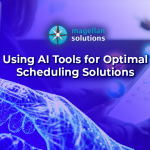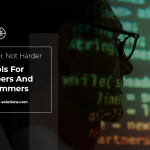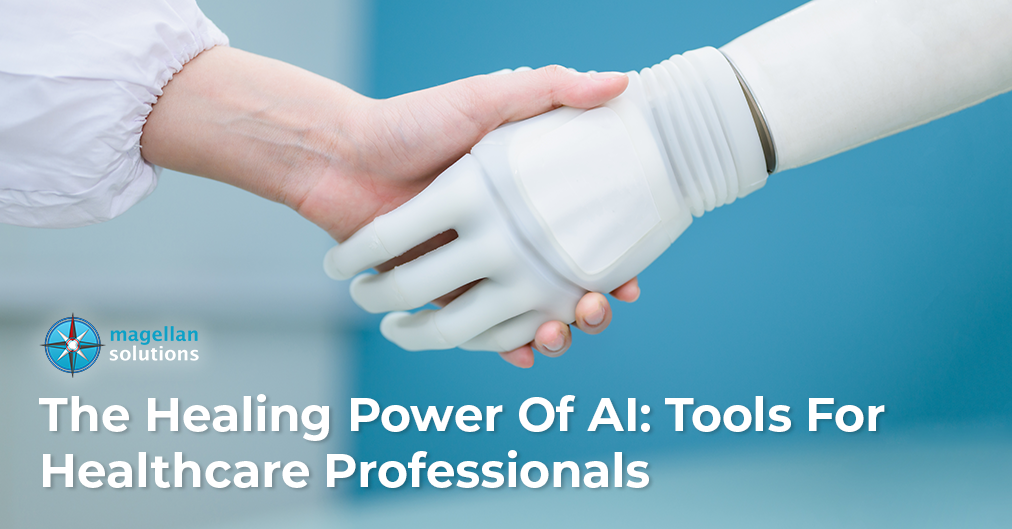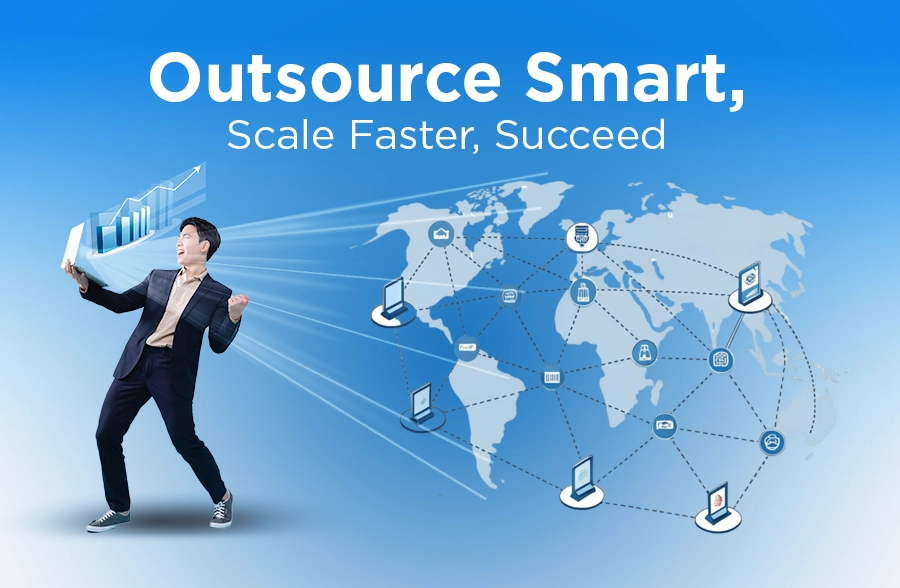Schedule a FREE call with our outsourcing expert now and get a precise quotation that meets your requirements. Don't wait - get started today!
Are you looking for a smarter way to improve patient care and streamline your workload? Whether you’re a healthcare professional or an independent practitioner, AI tools are changing the game—helping you work faster, reduce errors, and enhance treatment accuracy.
Healthcare is demanding. Between diagnosing conditions, managing patient records, and ensuring the right treatments, even the most skilled professionals can feel overwhelmed. That’s where AI steps in.
Think of AI as your trusted assistant—an extra set of eyes analyzing data, spotting patterns, and offering insights to improve decision-making. From automating paperwork to detecting early signs of disease, AI is making healthcare safer, smarter, and more efficient.
Let’s explore how these powerful tools can support you and transform patient care!
AI Applications in the Healthcare Industry
AI in healthcare is like a big step forward in making healthcare better. It helps doctors and nurses work better by doing different jobs. Here are some ways AI helps:
Efficient Healthcare Data Management
AI-powered Electronic Health Records (EHR) systems are great at handling healthcare data efficiently. They can do several things with data.
For instance, EHRs with AI can quickly analyze patient data and give doctors important information right when needed. AI in EHRs can also suggest treatments based on what has worked best for similar cases. This significantly helps doctors make decisions.
They can also spot issues like drug interactions and allergies, ensuring patient safety. Further, AI can help diagnose by considering a patient’s symptoms and medical history, leading to better results.
In short, AI in EHRs is excellent at managing healthcare data, making it easier for doctors to provide better care and improve overall health outcomes.
Enhanced Diagnostics
One of AI’s most significant contributions to healthcare is enhanced diagnostics. It does this by intelligently analyzing medical images, such as X-rays, MRIs, and CT scans, and it does so with remarkable accuracy!
As a result, doctors can more efficiently compare the patient’s scan image results with an extensive database of similar cases. Hence, AI can speed up the diagnostic process, helping healthcare professionals make more informed decisions.
For example, AI-powered algorithms can detect early signs of life-threatening diseases like cancer. AI scans images, helping oncologists quickly check for tumors and prioritize cases. They can initiate timely interventions for better patient outcomes.
Predictive Analytics and Personalized Treatments
Healthcare professionals can harness the power of AI to provide patients with personalized treatments. AI and machine learning (ML) study patient data, including medical history and presenting signs and symptoms, to predict future health risks. Healthcare professionals can use this information to prevent diseases or intervene early to reduce their impact.
Remote Patient Monitoring and Telemedicine
AI-powered tools revolutionize remote patient monitoring and telemedicine. This is especially true during the COVID-19 pandemic.
Some examples of remote monitoring devices include heart monitors, smartwatches, and other wearable devices. These AI-integrated devices gather real-time patient data, including vital signs, activity levels, and sleep patterns, allowing remote patient monitoring.
As a result, doctors can treat patients who can’t go to the hospital. Thus reducing their risk of getting sick.
Meanwhile, Telemedicine involves virtual consultations and AI-enabled chatbots. Doctors can use AI telehealth apps to advise, diagnose small illnesses, and provide follow-up care.
They can do all of this without needing face-to-face visits. Such technology improves access to healthcare and reduces healthcare costs and waiting times.
Clinical Trials
Artificial intelligence provides enormous benefits in clinical trials, revolutionizing the development and testing of new treatments and therapies.
For one, such a tool improves patient recruitment for clinical trials. It removes the need for manual screening of potential participants, which is time-consuming and labor-intensive.
AI algorithms also analyze patient data like EHR, medical history, and genetics. This allows it to find suitable candidates more accurately and efficiently.
Moreover, AI can accelerate patient recruitment by automating patient screening. Thus ensuring that clinical trials enroll a diverse pool of participants. AI-powered tools can also help contract research organizations minimize delays in research timelines.
Finally, large volumes of data are generated during a trial. AI helps clinical researchers analyze complex data. AI algorithms can detect patterns, trends, and potential safety concerns efficiently. This enables healthcare providers to make informed decisions about patient treatment.
Robotic Surgery and Assistance
AI is a big help in robot surgery. These robots make surgeries like heart and abdominal operations more precise and safe. They guide surgeons, making sure they do things accurately and reducing the chances of mistakes.
When AI and robots work together, surgeries become safer, faster, and less invasive. This means patients get better more quickly after the operation, thanks to healthcare professionals using this advanced technology.
Medical Claims Processing
AI-powered systems are like smart assistants for processing medical claims. They do a lot of the work automatically, like entering data and checking for mistakes. This means healthcare professionals have more time to focus on patient care.
Also, healthcare places like clinics and hospitals can use AI to learn from past claims. This helps them predict if a claim is valid and how much money should be paid.
AI is smart enough to notice something suspicious in the data, like someone trying to cheat the system. This helps insurance companies save money by preventing fraudulent claims.
In the end, AI in claims processing ensures that money goes to real patient care and not to mistakes or dishonest claims. It’s like having a helpful assistant manage the paperwork efficiently.
Outsource Your AI Healthcare Services With Us!
Artificial intelligence is like a super-precise tool that can help doctors and nurses give the right treatment at the right time. It’s all about ensuring patients get better, stay safe, and stay healthy.
If you don’t have all the fancy AI stuff and need some help, don’t worry! At Magellan-Solutions, we have a team of AI experts who can help you use AI in your business.
Just send us a message to learn how we can improve your business with AI tools in healthcare. Unleash the power of AI with Magellan.

















